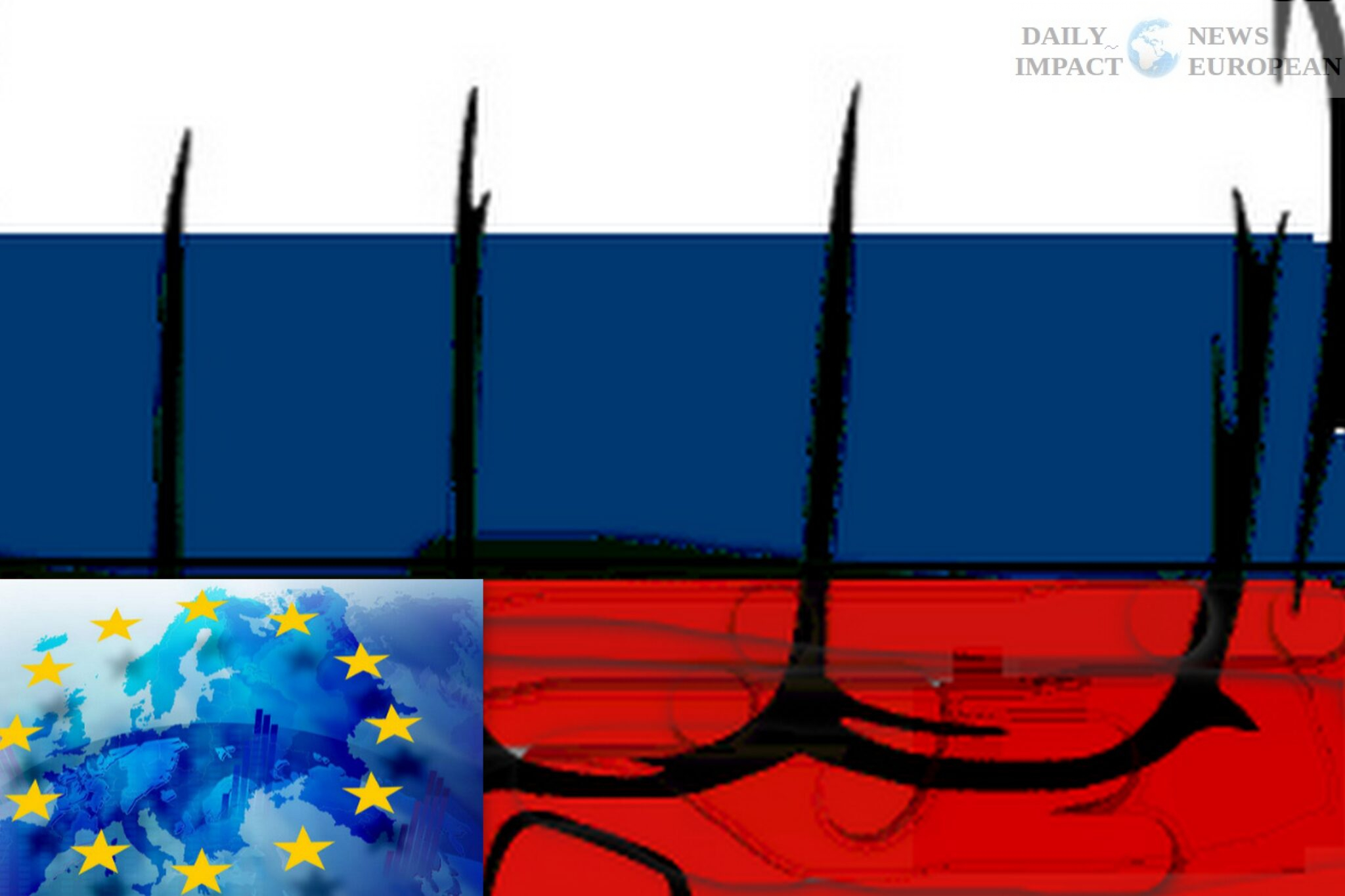For several years, relations between Russia and the European Union have fluctuated.
In 2014, the EU gradually imposed restrictive measures against Russia following the illegal annexation of Crimea and the deliberate destabilization of Ukraine. Restrictive measures were involved in many areas:
- diplomatic
- individual (freezing of assets and restrictions on entry into EU territory)
- economic relations with Crimea and Sevastopol
- economical
- economic cooperation
The EU-Russia summit has been canceled as have the periodic bilateral summits of EU member states. The G8 in Sochi has turned into the G7 in Brussels. Bilateral discussions have been suspended. EU countries have completed negotiations for Russia’s accession to the OECD and the IEA. New tensions arose in 2015 with the war in Syria, Libya and the attempts to weigh on electoral campaigns.
Since 2018, the constitution allows President Putin to remain in power until 2024. The law signed in 2021 can take him until 2036.
Expulsions of Russian diplomats
Since 2017, the number of Russian diplomats expelled from Europe or North America has exceeded that of Soviets declared non grata during the Cold War between 1971 and 1991.
The Americans expelled 35 Russian diplomats for meddling in the 2017 presidential elections.
More than 300 others have or must leave European territory. The Czech Republic has 63 by the end of May 2021. They completed the 18 expelled in 2014 following the explosion of an ammunition warehouse killing 2 people.
On April 26, Romania announced the departure of Russian Embassy Deputy Military Attaché, Alexei Grichaev, in support of the Czech Republic.
Czech Interior Minister Jan Hamacek last Tuesday asked his partners in the European Union and NATO to expel Russian diplomats to support Prague in its confrontation with Moscow.
Slovakia and the Baltic countries immediately announced the expulsion of a total of seven Russian diplomats.
The Russian response
Russia has been responding to EU sanctions with reprisals since August 2014. It hits agricultural products, raw materials and food products on the pretext that they violate food safety standards. It has strengthened Russia’s import substitution policy in the agricultural sector. Russia also applies a « black list » Nationals of the Union and the United States who have criticized Russia’s action are placed on a « black list », prohibiting them from entering Russian territory.
Moscow has demanded in recent months the departure of German, Polish and Swedish diplomats. They had taken part in « illegal » gatherings on January 23 in support of Alexei Navlany, in St Petersburg and in Moscow. For the Russian authorities, this is unacceptable, their status is incompatible. This action took place while the head of European diplomacy Josep Borrell was speaking with the Russian foreign minister.
During the last Russian expulsions from the Czech Republic, Moscow demanded the departure of 20 Czech diplomats from its territory. To which, Prague retorted by limiting the number of Russian diplomats in post, so that the two missions have the same number of employees.
The results
Following Russia’s latest actions, Josep Borrell is worried about rising tension with Moscow. The causes are important:
Alexei Navlany’s state of health
the « dangerous » situation at the Ukrainian borders
expulsions of foreign diplomats.
The latest Russian actions
The White House announced new financial sanctions against Russia. The expulsion of 10 Russian diplomats is the second. It evokes a cyberattack and interference in the elections. Moscow’s response has been another round of expulsions of US diplomats and the ban on senior officials from entering Russia. These are members of the government (ministers of justice, internal security, domestic policy adviser, head of the FBI and director of intelligence). Moscow has recalled its ambassador from Washington and advises the United States to do the same.
On April 26, Moscow proceeded to the expulsion of an Italian diplomat in response to those of Rome, which had expelled at the end of March 2 Russian officials for espionage.
Russia has just announced sanctions against 8 European officials. Among them, the President of the European Parliament, David Maria Sassoli and Asa Scott, head of a laboratory specializing in highly toxic substances in Sweden. She had confirmed the conclusions of a German laboratory on the poisoning of Alexeï Navalny. This ban on entry into Russia also concerns Jacques Maire. This French deputy is the special rapporteur on the poisoning of the Russian opponent to the Parliamentary Assembly of the Council of Europe. Berlin prosecutor Jorg Raupach is also concerned.
Russian diplomacy accuses the EU of unilateral illegitimate restrictions on Russian citizens and organizations. It would seek to hinder the development of Russia at all costs. The EU and the United States do not want to let go.
Share this content:



Plus d'histoires
Soleil d’Enfance Gala 2025: A Night of Solidarity Supporting Children with Disabilities
The Zelensky Couple’s European Tour for Peace
YouCare Exhibition: When Art and Celebrities Unite to Save Animals